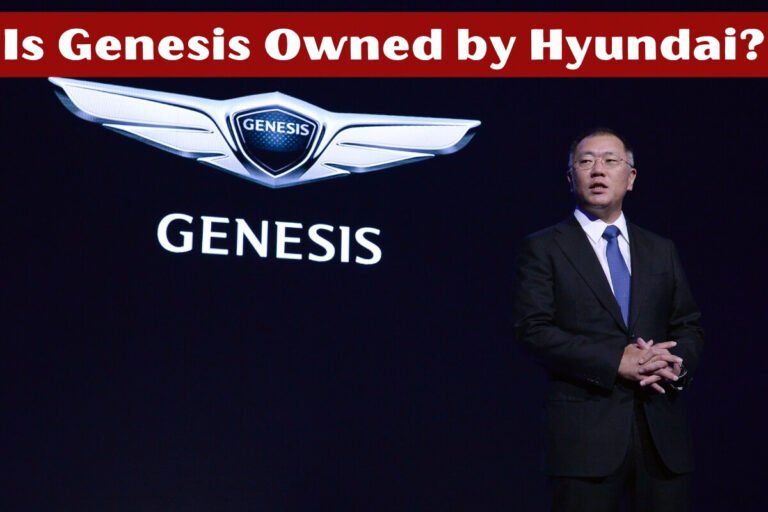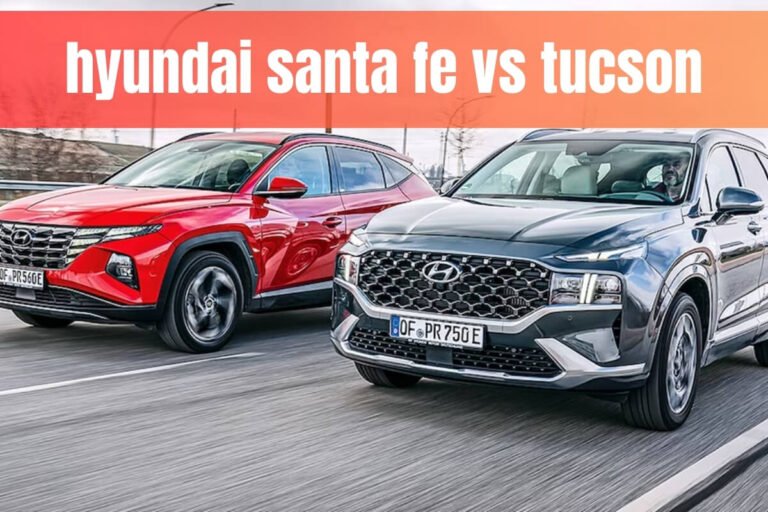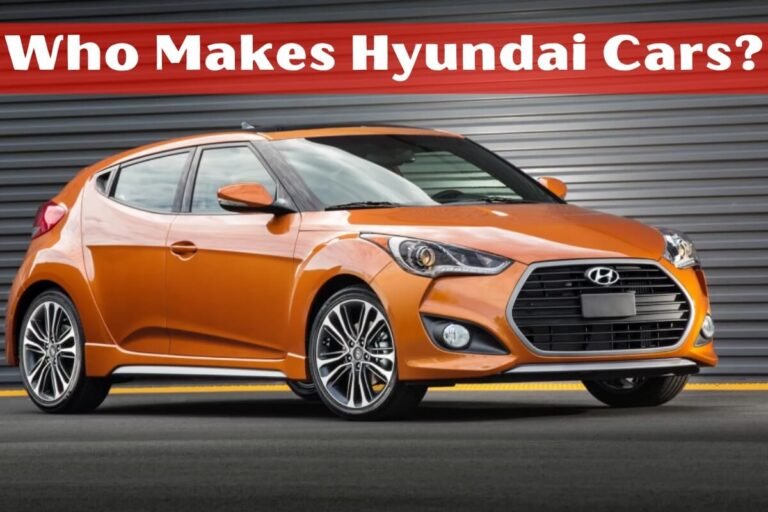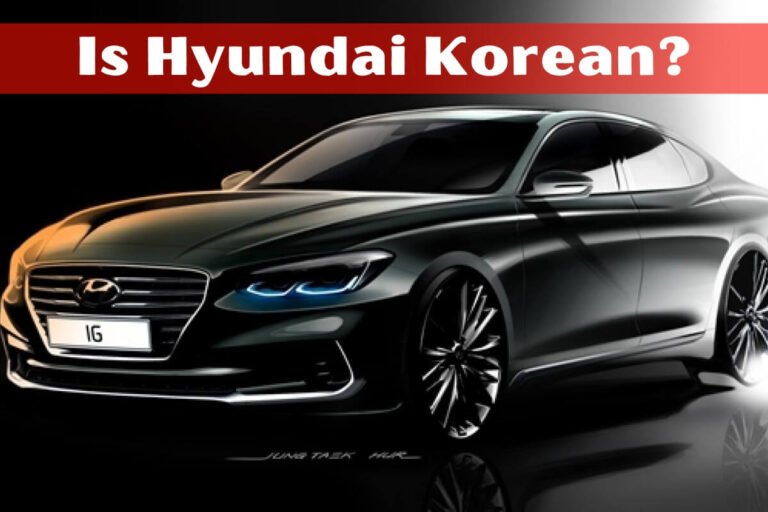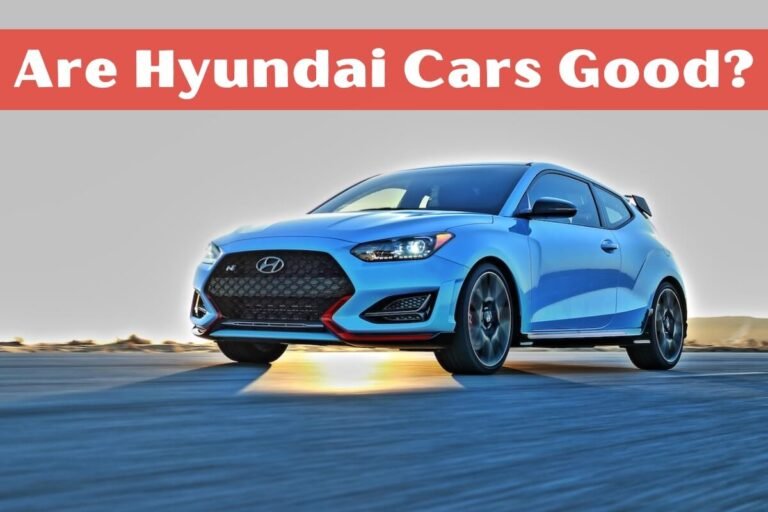hyundai vs kia: A Comprehensive Comparison for 2024
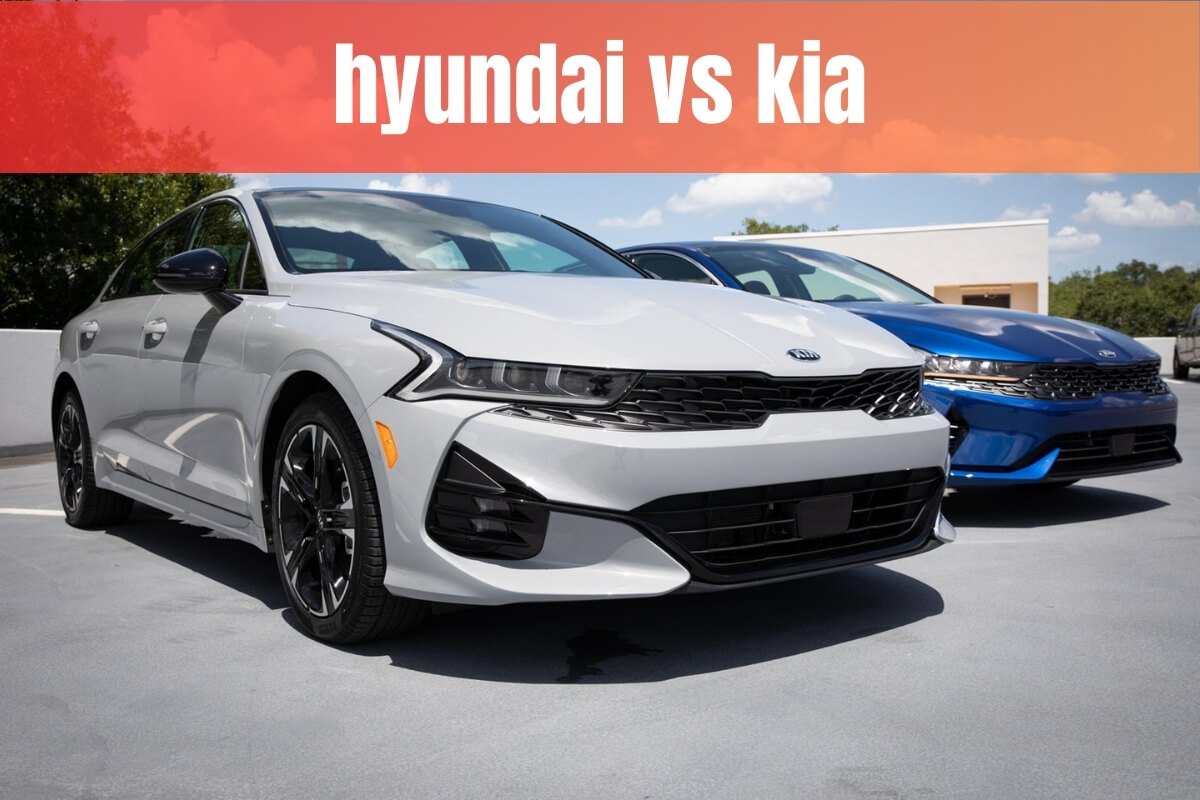
When considering a new car, the choice between Hyundai and Kia often arises. Both brands, originating from South Korea, offer a range of vehicles that compete directly in various segments. This article will provide a detailed comparison of Hyundai and Kia, covering aspects such as design, performance, features, and value for money, helping you make an informed decision.
Overview of Hyundai and Kia
Brand Histories
Hyundai and Kia are sister companies under the Hyundai Motor Group umbrella. Hyundai was founded in 1967 and has grown into one of the world’s largest automakers. Kia, established in 1944, was initially a bicycle manufacturer before transitioning to automotive production. Both brands have become known for their reliability, affordability, and innovation.
Market Position
Hyundai and Kia have distinct market positions. Hyundai generally targets a broader audience with a wide range of vehicles, from budget-friendly models to luxury options. Kia, while also diverse, often emphasizes sporty designs and value-packed features.
Vehicle Lineup Comparison
Sedans
- Hyundai Elantra vs. Kia Forte: Both compact sedans offer impressive fuel efficiency and advanced safety features. The Elantra has a more conservative design, whereas the Forte boasts a sportier look.
- Hyundai Sonata vs. Kia K5: The midsize sedan segment sees the Sonata with its sleek, modern design and hybrid options, competing against the dynamic and stylish K5.
SUVs
- Hyundai Tucson vs. Kia Sportage: Both compact SUVs are equipped with similar technology and safety features. The Tucson offers slightly more interior space and a smoother ride, while the Sportage is known for its sportier handling.
- Hyundai Santa Fe vs. Kia Sorento: In the midsize SUV category, the Santa Fe provides a spacious interior and a more luxurious feel, whereas the Sorento offers a third row of seating, making it suitable for larger families.
Electric Vehicles (EVs)
- Hyundai IONIQ 5 vs. Kia EV6: These EVs share a platform and offer similar ranges and charging capabilities. The IONIQ 5 focuses on interior space and comfort, while the EV6 emphasizes a more engaging driving experience.
Performance and Efficiency
Engines and Transmissions
Both brands offer a range of engines, from efficient four-cylinders to powerful turbocharged options. Hyundai tends to prioritize fuel economy and smooth performance, while Kia often tunes its engines for a sportier feel.
Hybrid and Electric Options
Hyundai and Kia are leaders in the hybrid and electric vehicle markets. Hyundai’s lineup includes the IONIQ series and hybrid versions of its popular models like the Sonata and Tucson. Kia counters with the Niro, a versatile hybrid available in hybrid, plug-in hybrid, and electric variants, and the sporty EV6.
Interior and Technology
Design and Comfort
Hyundai and Kia both excel in interior design, offering high-quality materials and ergonomic layouts. Hyundai often leans towards a more conservative, elegant style, while Kia incorporates bold, modern elements.
Infotainment and Connectivity
Both brands equip their vehicles with advanced infotainment systems featuring large touchscreens, smartphone integration, and various driver assistance technologies. Hyundai’s Blue Link and Kia’s UVO systems provide connected services, including remote start, climate control, and maintenance reminders.
Safety and Reliability
Safety Ratings and Features
Both Hyundai and Kia prioritize safety, with numerous models receiving top safety ratings from the IIHS and NHTSA. Standard features across many models include forward collision warning, automatic emergency braking, lane-keeping assist, and blind-spot monitoring.
Warranty Coverage
Hyundai and Kia offer some of the best warranty coverage in the industry, with a 10-year/100,000-mile powertrain warranty and a 5-year/60,000-mile basic warranty, giving buyers peace of mind.
Pricing and Value
Cost of Ownership
Hyundai and Kia vehicles are known for their affordability and low cost of ownership. Both brands offer competitive pricing across their lineups, and the generous warranty coverage helps reduce long-term maintenance costs.
Resale Value
While both brands have improved their resale values over the years, Hyundai tends to have a slight edge due to its broader recognition and consistent quality improvements.
Customer Reviews and Satisfaction
Consumer Feedback
Both Hyundai and Kia receive high marks from consumers for reliability, design, and overall satisfaction. Hyundai often garners praise for its ride comfort and refined interiors, while Kia is celebrated for its value and sporty aesthetics.
Industry Awards
Hyundai and Kia frequently receive industry awards for their vehicles. Recent accolades include safety awards from the IIHS, design awards from Red Dot, and multiple “Best Buy” awards from Kelley Blue Book.
Final Checkpoint
Choosing between Hyundai and Kia often comes down to personal preference and specific needs. Both brands offer a wide range of high-quality vehicles that cater to different tastes and requirements. Whether you prioritize sporty design, advanced technology, or exceptional value, Hyundai and Kia have compelling options to consider.
By thoroughly examining the various aspects of Hyundai and Kia vehicles, you can make an informed decision that best suits your lifestyle and preferences.

